Are you one of the millions of Americans who have experienced back pain at some point in your life? Back pain is a cause of missed work, increased health care costs, and worst of all – not being able to do the activities you enjoy.
Common treatments for back pain are physical therapy, pain medications, chiropractic, heat, and increasingly… acupuncture.
What you should know
Back pain, especially pain that is localized to the back, usually resolves within several weeks. The imaging studies – x-rays, CT scans and MRI scans – that many patients think are necessary to treat their back pain, do not always provide information about the actual cause for your pain.
Red flags for back pain that do signal a need for evaluation by a doctor and an imaging study are: recent trauma like a bad fall, fever or infection, loss of bladder or bowel control, and unexplained weight loss or a history of certain cancers.
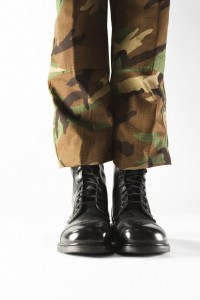 This unasked question is discussed in an article in JAMA (the Journal of the American Medical Association). The author, Jeffrey Brown, is a physician who served in the Vietnam War. He realized that his military service put him at risk for medical complications from Agent Orange, and impacted him psychologically as well. Because of his experience, Dr Brown recommends this important question be asked by health care providers and included in medical school courses.
This unasked question is discussed in an article in JAMA (the Journal of the American Medical Association). The author, Jeffrey Brown, is a physician who served in the Vietnam War. He realized that his military service put him at risk for medical complications from Agent Orange, and impacted him psychologically as well. Because of his experience, Dr Brown recommends this important question be asked by health care providers and included in medical school courses.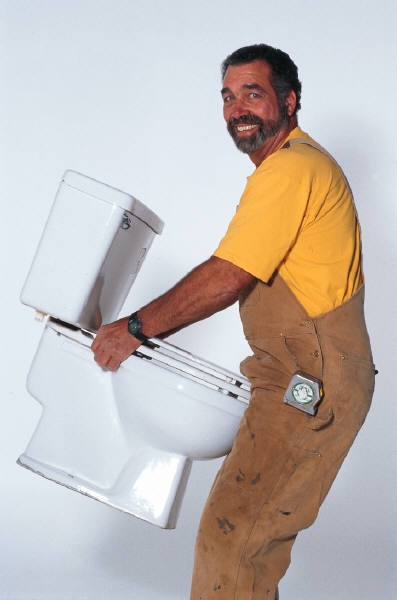
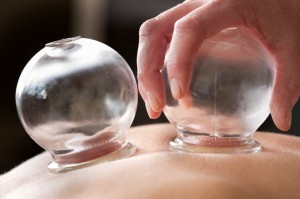
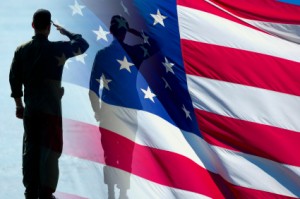 Wars have always brought about significant improvements in medicine that also affect the civilian population. An ancient therapy is now being added to the higher tech treatments and medications currently used. The Army will use acupuncture as a pain treatment at several military bases in the U.S. and at Landstuhl Medical Center in Germany.
Wars have always brought about significant improvements in medicine that also affect the civilian population. An ancient therapy is now being added to the higher tech treatments and medications currently used. The Army will use acupuncture as a pain treatment at several military bases in the U.S. and at Landstuhl Medical Center in Germany.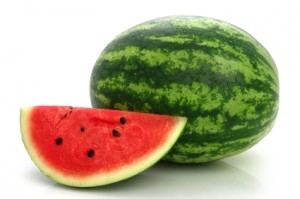 Heat can dry up body fluids lost through sweating, so it’s important to stay hydrated with plenty of non-alcoholic beverages, especially water. Signs of dehydration include thirst, headache, and voiding small amounts of dark-colored urine. One of the favorite foods of summer – watermelon – is a Chinese herb that treats summerheat or sunstroke. It cools summerheat, moistens and promotes urination.
Heat can dry up body fluids lost through sweating, so it’s important to stay hydrated with plenty of non-alcoholic beverages, especially water. Signs of dehydration include thirst, headache, and voiding small amounts of dark-colored urine. One of the favorite foods of summer – watermelon – is a Chinese herb that treats summerheat or sunstroke. It cools summerheat, moistens and promotes urination.